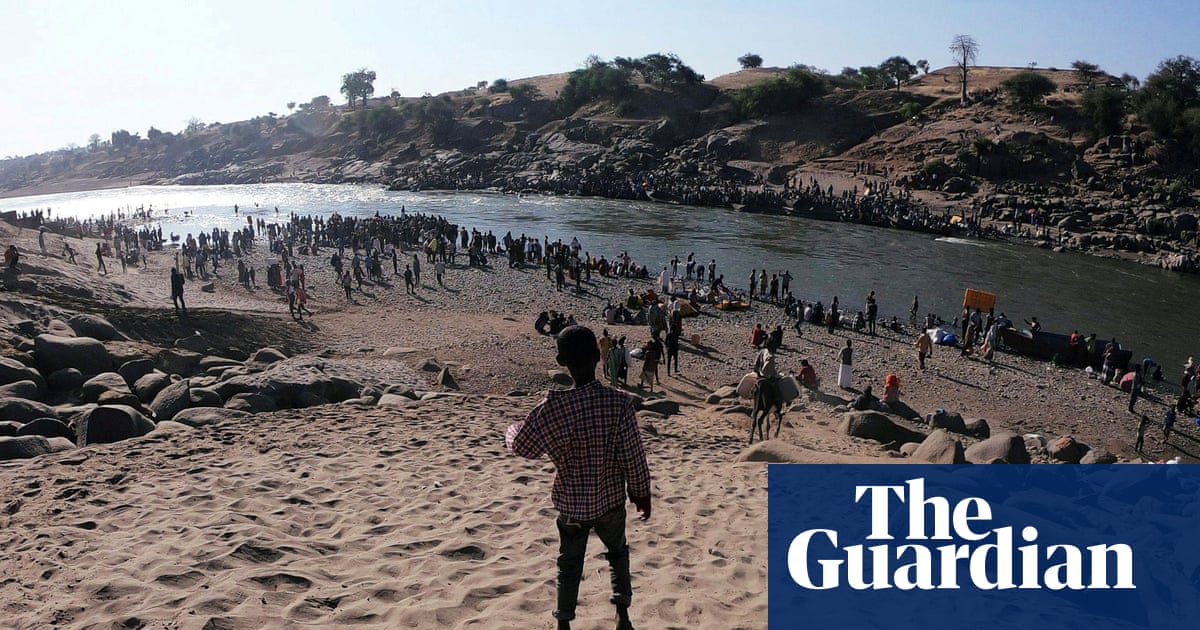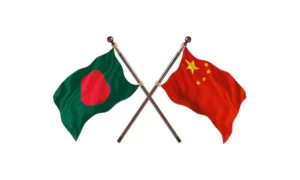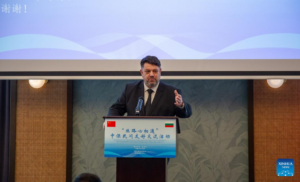Dozens of bodies found floating in river between Ethiopia’s Tigray and Sudan
Show caption Ethiopians at the Tekeze River, also known as the Setit River, that runs between the Tigray region in the country and neighbouring Sudan Photograph: El Tayeb Siddig/Reuters Ethiopia Dozens of bodies found floating in river between Ethiopia’s Tigray and Sudan Witnesses report some of the corpses had gunshot wounds or their hands tied amid escalating conflict in the region in recent weeks Guardian staff and agencies Tue 3 Aug 2021 01.59 BST Share on Facebook
Share on Twitter
Share via Email
A Sudanese official has said local authorities in Kassala province have found around 50 bodies, apparently people fleeing the war in neighbouring Ethiopia’s Tigray region, floating in the river between the countries over the past week.
Some bodies were found with gunshot wounds or their hands bound, and the official said on Monday a forensic investigation was needed to determine the causes of death. The official spoke to the Associated Press on condition of anonymity because he was not authorised to brief the media.
Two Ethiopian health workers in the Sudan border community of Hamdayet confirmed seeing the bodies found in the Setit river, known in Ethiopia as the Tekeze.
The river flows through some of the most troubled areas of the nine-month conflict in Tigray, where ethnic Tigrayans have accused Ethiopian and allied forces of atrocities while battling Tigray forces.
Tewodros Tefera, a surgeon who fled the nearby Tigray city of Humera to Sudan, told the Associated Press that two of the bodies were found on Monday, one a man with his hands bound and the other a woman with a chest wound. Fellow refugees have buried at least 10 other bodies, he said.
He shared a video of men appearing to prepare a shroud for a body floating face-down in the river.
Tewodros said the bodies were found downstream from Humera, where authorities and allied fighters from Ethiopia’s Amhara region have been accused by refugees of forcing out local Tigrayans during the war while claiming that western Tigray is their land.
“We are actually taking care of the bodies spotted by fishermen,” Tewodros said. “I suspect there are more bodies on the river.”
While it was difficult to identify the bodies, one had a common name in the Tigray language, Tigrinya, tattooed on his arm, the surgeon said.
Another doctor working in Hamdayet who saw the bodies told the The Associated Press that some of the corpses had facial markings indicating they were ethnic Tigrayans. “I saw a lot of barbaric things,” said the doctor, who spoke on condition of anonymity because he was not authorised to speak to reporters. “Some had been struck by an axe.”
Witnesses at the river told him they had not been able to catch all the bodies floating downstream because of the water’s swift flow during the rainy season, the doctor said.
An Ethiopian government-created Twitter account on Monday called the accounts of bodies a fake campaign by “propagandists” among the Tigray forces.
Fighting in Tigray broke out in November between Ethiopia’s federal forces and the region’s ruling party, the Tigray People’s Liberation Front (TPLF).
Ethiopian prime minister Abiy Ahmed, a 2019 Nobel peace prize winner, said his forces’ move into the region was in response to TPLF attacks on federal army camps.
The conflict has killed thousands and sent tens of thousands fleeing into neighbouring Sudan.
Samantha Power, administrator of the US Agency for International Development, on Monday visited a refugee camp in Sudan hosting thousands of Ethiopians who fled the Tigray war. She next will visit Ethiopia to press the government to allow humanitarian aid to Tigray, a region of some 6 million people where the world’s worst hunger crisis in a decade is unfolding. The US says up to 900,000 people now face famine conditions.
The UN food agency said it is working to provide food to Tigray through Sudan despite frayed ties between Khartoum and Addis Ababa.
Negotiations to access the blocked Tigray region have proved to be quite difficult, Marianne Ward, the World Food Program’s deputy country director in Sudan, said. She said WFP has already moved 50,000 tons of wheat to Ethiopia through Sudan.
With Associated Press, Agence France-Presse and Reuters












